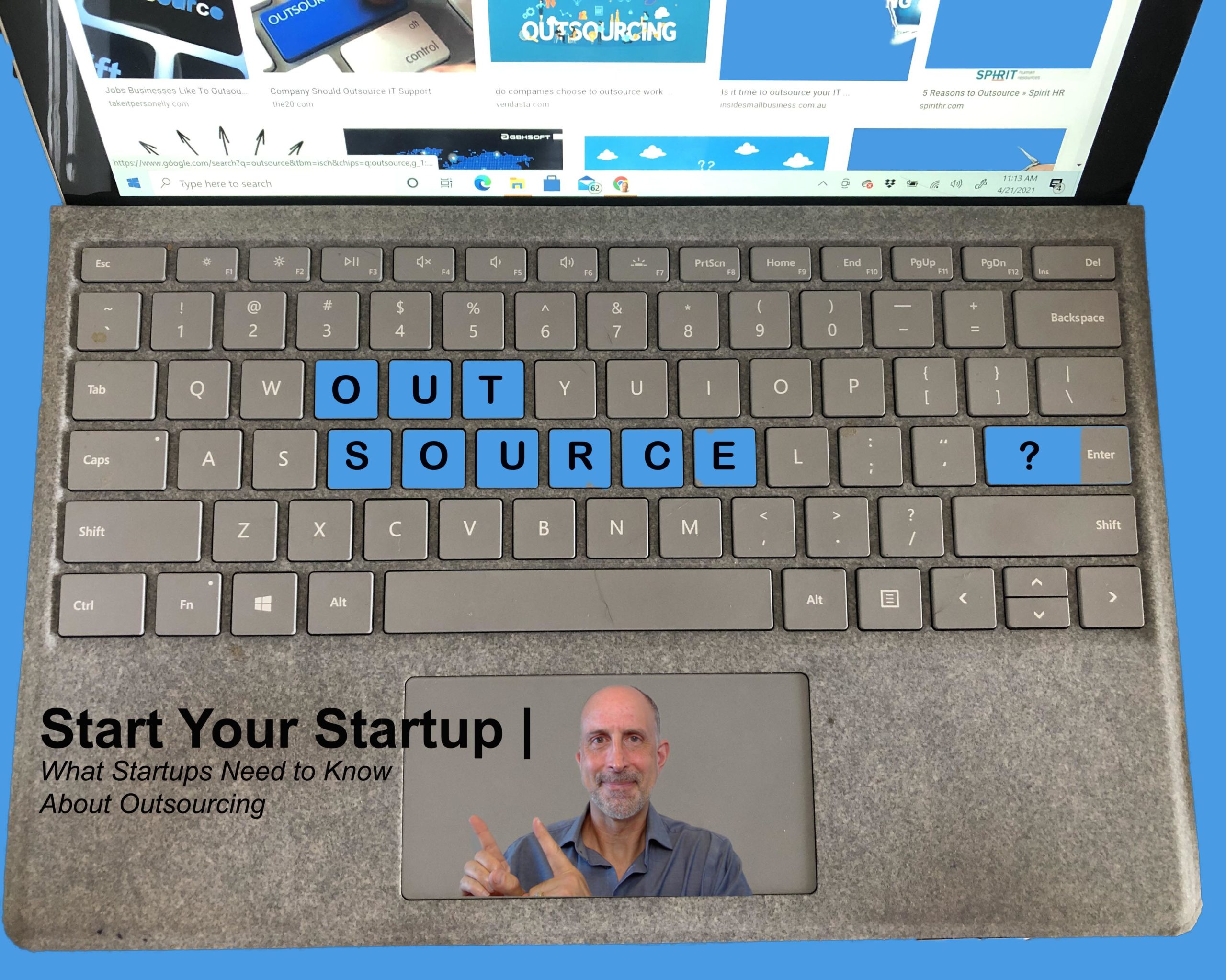
Start Your Startup | Should You Join a Startup Incubator?

As a supporter and believer in the power and potential of new entrepreneurs, Stephen Semprevivo wants you to have all the access to the resources that can help your startup during the tricky beginning stages of starting a new business.
One of those support systems is startup incubators. These collaborative programs are designed to give you a leg up in the first couple of years of becoming an established business.
Whether you’ve already decided you want to join an incubator or are still on the fence, Stephen Semprevivo is here with some of the pros and cons of startup incubators to help you make an informed decision.
What is a Startup Incubator?
You can think of a startup incubator as a program designed to be the training wheels to help your fledgling business get off the ground.
Incubators are most commonly run by private and public non-profits, generally universities and business schools to support their student body and alumni. They might also be created by civic groups, startup organizations, the government, or even successful entrepreneurs who want to support the next generation.
The services startup incubators provide vary, but in general, they give new businesses a place to work that’s either free or very low cost, access to mentors who are experts in the field you want to get into, introductions to investors, and, in some cases, loans or capital. They also provide a community in the form of your fellow entrepreneurs who generally will be in the same field as you.
Startup incubators can be a massive boon to your business as long as you consider all the positives and negatives and choose the right incubator for you.
Pros of Joining a Startup Incubator
Not all incubators are right for all businesses. As you begin your search, it’s important to know precisely what an incubator should provide you.
Support
First and foremost, your incubator should be there as a support system for your business, providing access to seasoned mentors and experts.
Having an experienced eye looking over your shoulder and giving you helpful advice as you begin your journey as a business owner is invaluable. Your mentors can help you hone your skills in presentation and etiquette you would otherwise have to learn the hard way, plus give you training in general business practices.
Prestige
As startups have proliferated in the last decade, it is more common to see more fail than succeed due to being half-baked businesses. With such a poor reputation, it can be difficult for you to be taken seriously by investors.
By being accepted into an incubator, you show that you can market yourself and people in the industry already think you have what it takes. It also means that your business will have a support system during its most vulnerable years.
Financial Support
Beginning a business is a substantial financial investment. Unless you have unlimited resources, anything that relieves financial burden is hugely helpful. A workspace is a cost with no return, so the free or reduced price of an office can take some of the strain off of you.
Cons of Joining a Startup Incubator
It is important to know that there are some personal preferences in whether or not you’re comfortable with joining a startup incubator, as well as some red flags to look out for when you’re choosing which ones to apply to.
Less Control
Unfortunately, if you join an incubator, you will have to answer to someone other than yourself, and that can be frustrating when you’re trying to learn how to be a boss. This can be a deterrent for entrepreneurs excited to be on their own at last. It is important to know that there are some personal preferences in whether or not you’re comfortable with joining a startup incubator, as well as some red flags to look out for when you’re choosing which ones to apply to.
Time Commitment
Incubators require that you stick around for a minimum timespan, usually one to two years. During that time, you’ll be expected to attend seminars, workshops, and whatever else your incubator requires. While these can be educational and helpful, you’ll spend a lot of time on them that will take away from your business.
Cost
While they can help ease some financial burdens that come with building a business, incubators are not free. You’ll either have to give them equity or pay a lump sum that can range from hundreds to thousands of dollars.
Final Thoughts
As a successful entrepreneur, Stephen Semprevivo is always looking for new businesses to mentor. If you have an idea for a startup and are ready to take the next steps, apply for the Stephen Semprevivo Startup Scholarship. Two student entrepreneurs will receive a $2,500 scholarship along with mentorship and guidance. Learn more about the scholarship program and apply today. Remember, the best time to start a business is NOW!
